Pandit Jawaharlal Nehru – the First Prime Minister of Independent India – was the embodiment of spirit and ideals of democracy, socialism, secularism, nationalism, equality and social justice.
Estimating the contemporary significance and historical relevance of Nehru will always remain a challenging task for the students of social sciences. Nehru continues to remain a crucial link between the evolution of India’s contemporary nationalism and the transition towards a middle-range power among the countries of the modern world. Along with other great stalwarts of freedom movement. Nehru was successful and practical in envisioning a modern India. Given the complex social, cultural, political and historical background of the Continent, this was a tremendous task. In the post-Independence scenario, Nehru was able to provide a strong foundation to the political system and clear directions to foreign and domestic policies. Despite the fast changing nature of the international system, Nehruvian perspectives are very relevant even today.
This book contains 12 papers, authored by eminent scholars, which critically examine the policies pursued by Nehru in shaping modern India.

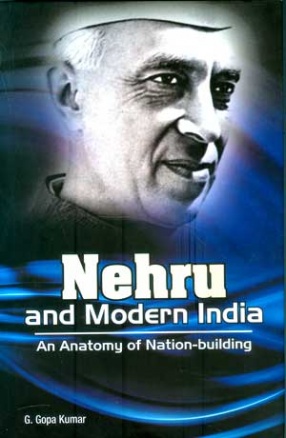
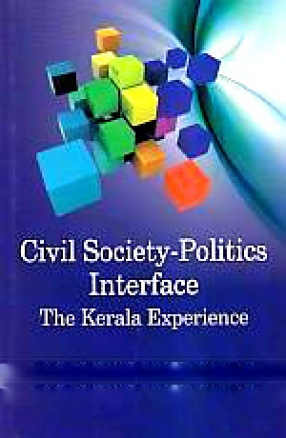
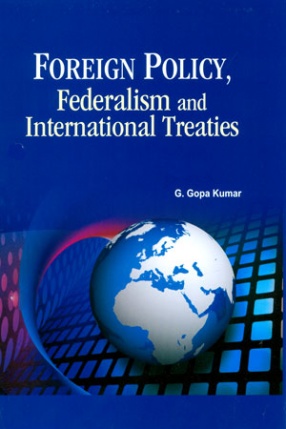
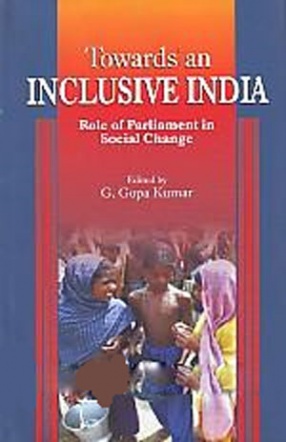

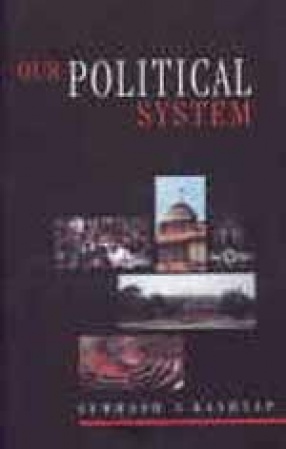

There are no reviews yet.